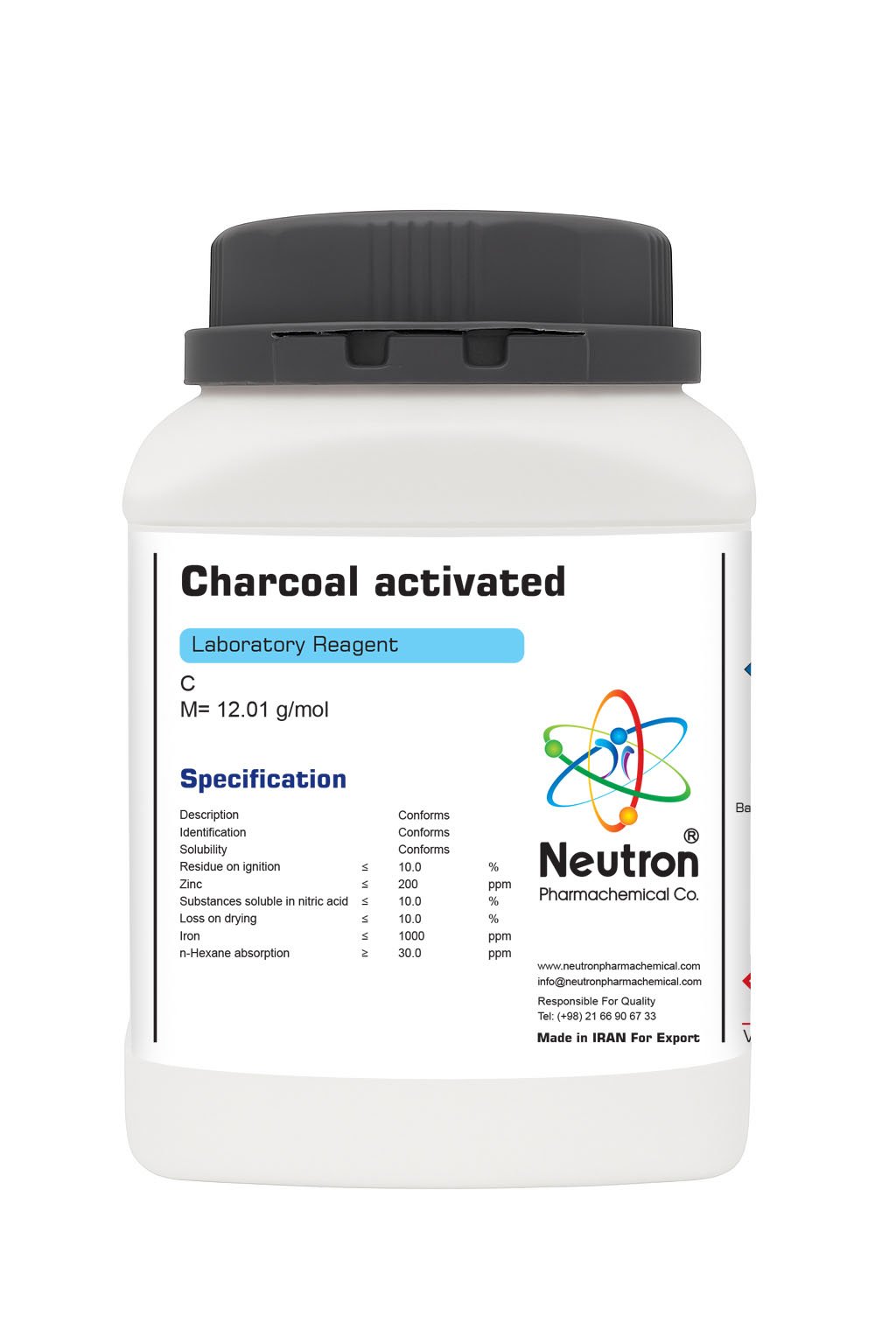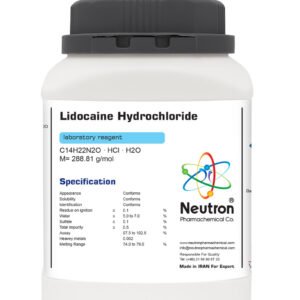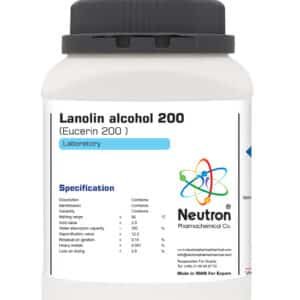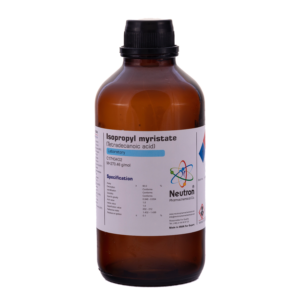کارکول اکتیو(کربن اکتیو)
| Formula | C |
| Chemical formula | C |
| Molar mass | 12.01 g/mol |
| CAS number | 7440-44-0 |
| HS Code | 38021000 |
| EC number | 231-153-3 |
| Storage | Without limitation |
| SDS | available |
| RTECS | FF520100 |
| Odour | odourless |
| Form | solid |
| Color | black |
| p H value | 8.0 – 10.0(50 g/l 20°c) |
| Solubility in water | insoluble (20°c) |
| Description | Conforms | ||
| Identification | Conforms | ||
| Solubility | Conforms | ||
| Residue on ignition | ≤ | 10 | % |
| Zinc | ≤ | 200 | ppm |
| Substances soluble in nitric acid | ≤ | 10 | % |
| Loss on drying | ≤ | 10 | % |
| Iron | ≤ | 1000 | ppm |
| n-Hexane absorption | ≥ | 30 | ppm |
Activated Charcoal is a highly porous form of carbon widely used in pharmaceuticals, water treatment, and laboratory applications for its excellent adsorption properties. It effectively binds toxins, impurities, and chemicals due to its large surface area.
🏭⚗️ Production
Activated charcoal is produced by carbonization of organic materials such as wood, coconut shells, or peat, followed by activation using steam or chemical agents (e.g., phosphoric acid or potassium hydroxide). This process creates a highly porous structure, enhancing its adsorption capacity. Pharmaceutical-grade activated charcoal undergoes further purification to remove residual ash and impurities.
🔬 Properties
Activated charcoal appears as a black, fine to coarse powder with high porosity and a large surface area. It is chemically inert, insoluble in water and most solvents, and thermally stable. Its adsorption capability depends on surface area, pore size distribution, and particle size. It is odourless and tasteless in purified forms intended for pharmaceutical use.
🧪 Applications
In pharmaceuticals, activated charcoal is used to treat poisoning and drug overdose by adsorbing toxins in the gastrointestinal tract. It is employed in tablets, capsules, and suspensions as an adsorbent. In laboratory applications, it removes impurities from solutions, gases, and chemicals. In water treatment and food processing, it helps remove color, odor, and contaminants.
⚠️ Safety
Activated charcoal is generally safe for external and limited oral use. Inhalation of fine dust should be avoided, as it can irritate the respiratory tract. Prolonged skin contact may cause mild dryness. Proper handling includes wearing gloves, masks, and goggles in industrial or laboratory settings. Storage should be in a cool, dry place away from strong oxidizing agents and moisture.





